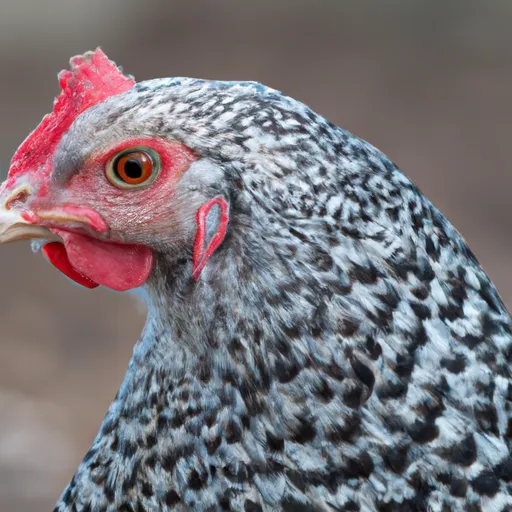The Pros and Cons of Raising Wyandotte Chickens: What You Should Know Before Getting Started
Are you ready to take on the challenge of raising chickens?
If so, then Wyandotte chickens might be just what you’re looking for.
These birds are known for their friendly and docile temperament, making them great for both beginners and experienced farmers alike.
Now, we’ll explore the pros and cons of raising Wyandottes, as well as some tips for keeping them healthy and happy.
The Pros and Cons of Raising Wyandottes
One of the biggest advantages of raising Wyandotte chickens is their docile temperament.
These birds are typically easy to handle and aren’t prone to aggressive behavior like some other breeds can be.
Additionally, Wyandottes are good layers, producing up to 200 eggs per year.
Their eggs are also larger than most other chicken breeds, which makes them ideal for selling or using at home.
However, there are also some drawbacks to consider when it comes to raising Wyandottes.
One potential issue is their size. While they’re not the largest chicken breed out there, Wyandottes are bigger than many others, which means they require more space.
This can make them less suitable for small backyard setups.
Another consideration is their susceptibility to certain diseases, such as Marek’s disease and avian leukosis.
Regular vet checkups and preventative measures can help mitigate these risks, however.

Different Breeds and Colors of Wyandotte Chickens
There are several different breeds of Wyandotte chickens, each with its own unique characteristics.
The most common varieties include the Silver Laced Wyandotte, Golden Laced Wyandotte, Black Wyandotte, and White Wyandotte.
See also Eggs Organic - Hold on, are Hens Eggs Really Organic?
Each of these breeds has distinct color patterns and physical features.
For example, the:
- Silver Laced Wyandotte has striking silver and black plumage
- Black Wyandotte has all-black feathers
Tips for Keeping Wyandotte Chickens
To ensure your Wyandotte chickens stay healthy and productive, there are a few key tips to follow.
Firstly, provide them with plenty of space to roam around in. While they don’t need as much room as some larger breeds,
Wyandottes still benefit from having ample outdoor areas to exercise and forage in.
Secondly, feed them a balanced diet consisting of high-quality chicken feed and supplemental treats like vegetables and fruits.
Finally, keep an eye out for any signs of illness or injury and seek veterinary care if necessary.
With proper care and attention, your Wyandotte chickens will thrive and provide you with years of enjoyment and delicious eggs!
